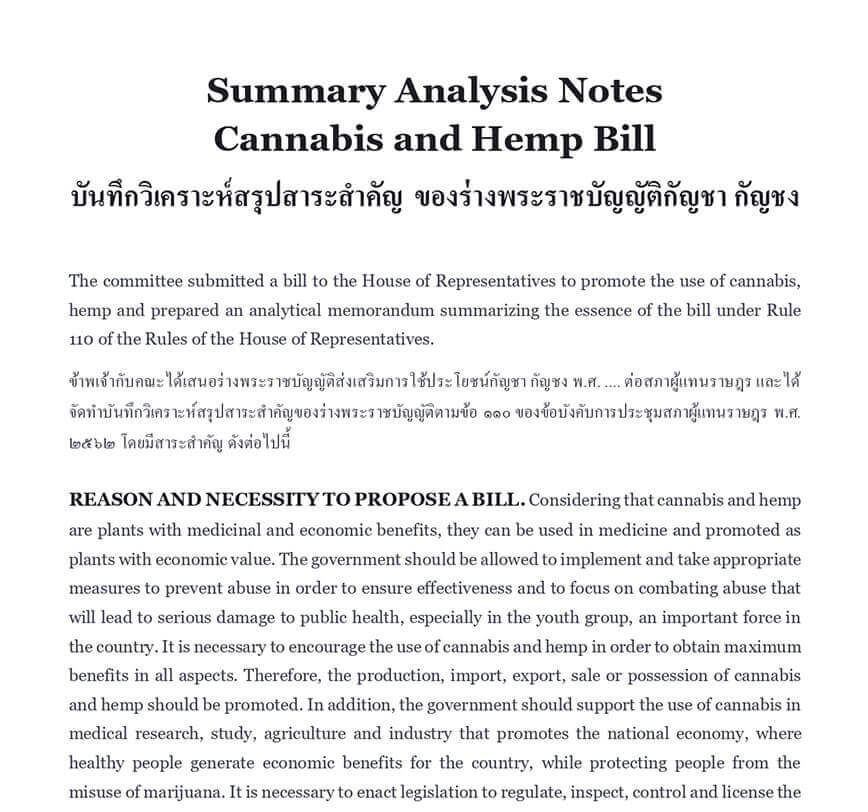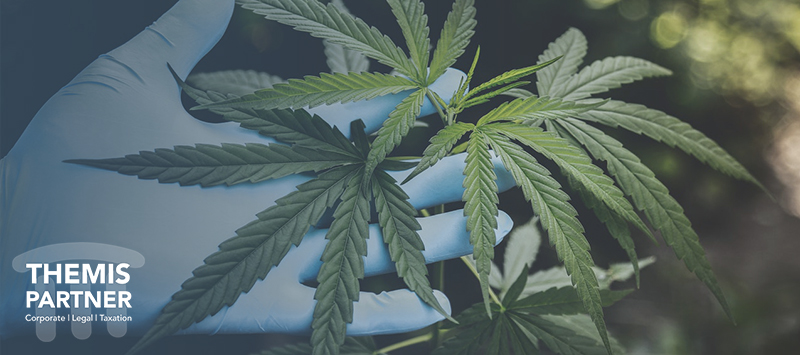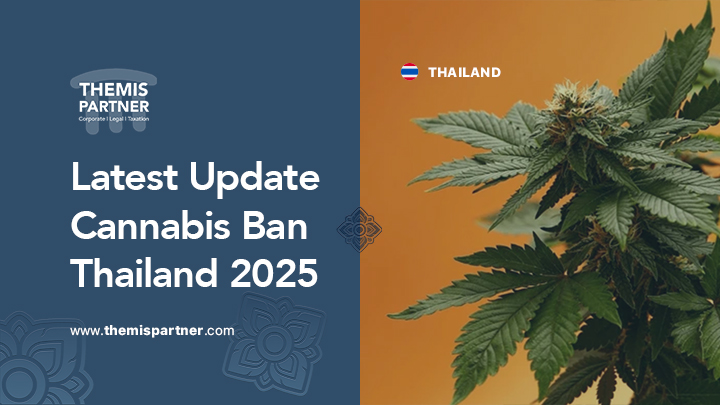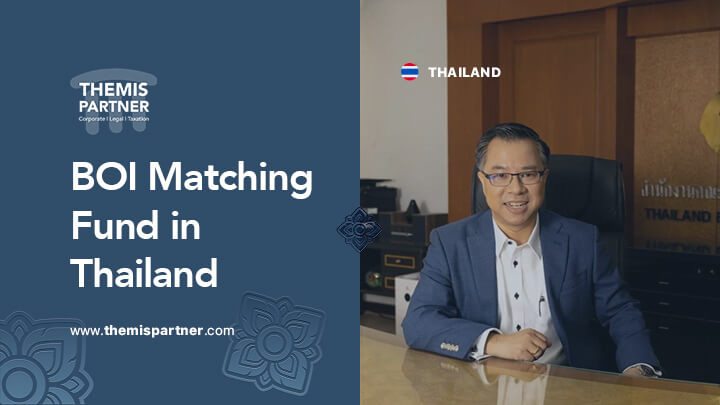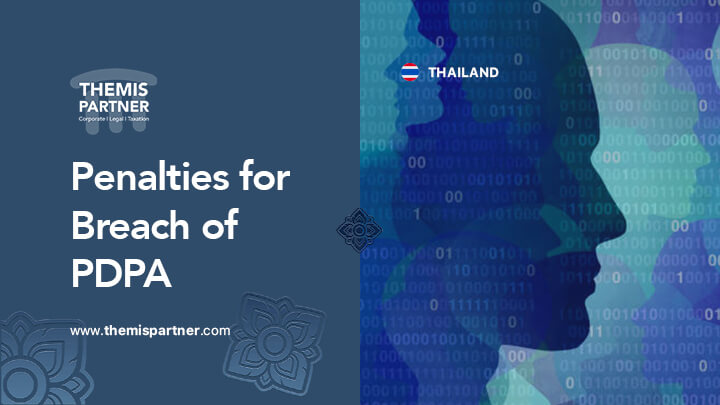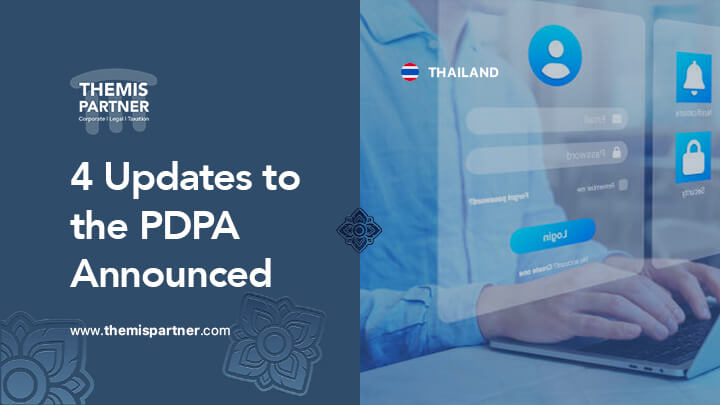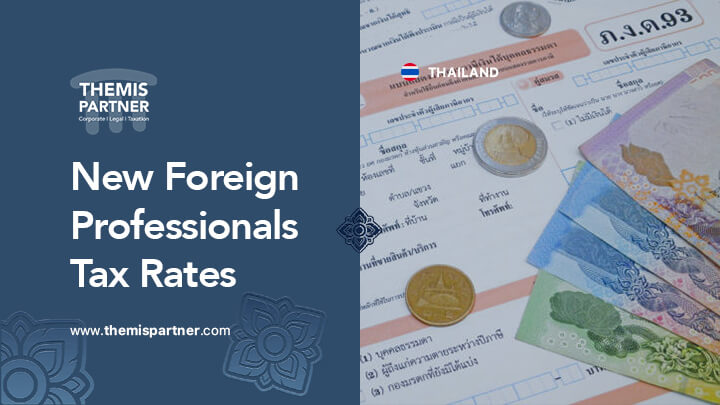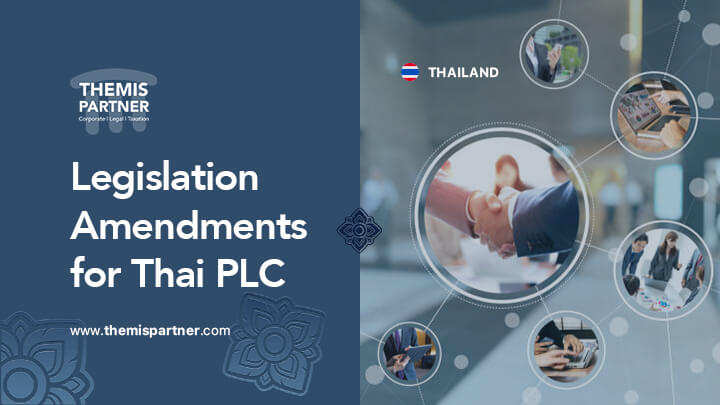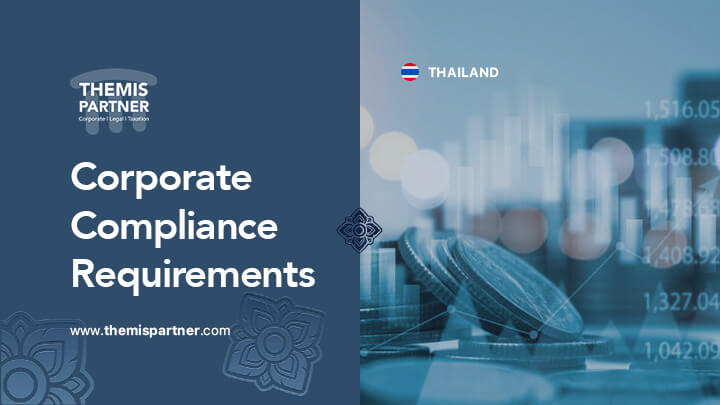The sale of cannabis in Thailand
The Thai people for many centuries used cannabis for medicinal and dietary purposes. Then in the 1930s, cannabis was classified as a class 5 narcotic (prohibited for sale, production or consumption). Then with the adoption of the 1979 Narcotics Law, the regime became particularly tough. In 2003, the Government continued a conservative anti-drug policy, with 2800 extrajudicial executions (drug-related crimes).
Only, since a rectification of the narcotics law in 2018, the Thai Government decriminalizes parts of cannabis. Therefore, it is now possible to produce, sell and consume certain parts under certain conditions. Indeed, the sale, production and consumption are only possible in the medical, research or food context. In addition, in March 2021, Thai households were allowed to cultivate six species of cannabis to supplement their income and supply public hospitals and other establishments in the field of food and cosmetics.
It is important to remember that the use of cannabis for “recreational” purposes is strictly prohibited and punishable by a one-year prison sentence and/or a 20,000 baht fine. In addition, any person in possession of more than 10kg of cannabis for the purpose of selling it, without having a license, is liable to 15 years imprisonment, as well as a fine of up to 1.5 million baht. In fact, the sale of cannabis in Thailand without a license can be considered a crime and Thailand has an extremely restrictive policy in this area. It is therefore particularly recommended to regularly check the regulations in force for safety reasons.
It is important to note that the export of cannabis is forbidden and the production of cannabis is not accessible to foreign companies. Yet, despite the restrictions on foreign companies, the cannabis and CBD market is accessible to foreigners through the registration of a Thai company.
ℹ️ Download the summary and analysis notes of the cannabis and hemp bill to ensure you are in compliance with the law before selling cannabis in Thailand.
The history of cannabis in Thailand
Since 1979, Thailand has prohibited the possession, sale, import, export by a law ” Narcotics Act ” which classifies cannabis as a category 5 narcotic (last category of narcotics).
Thus, since this date, producers, importers and exporters are liable to a prison sentence ranging from two to fifteen years and/or a fine of 200,000 to 1.5 million baht. And the simple possession of drugs is punishable by a maximum sentence of 5 years and/or a fine of up to 100,000 baht.
Nevertheless, only public hospitals were allowed to deliver CBD cannabis oil to patients suffering from chronic diseases and undergoing chemotherapy, on medical prescription. Cannabidiol or CBD is one of the many cannabinoids found in cannabis flowers.
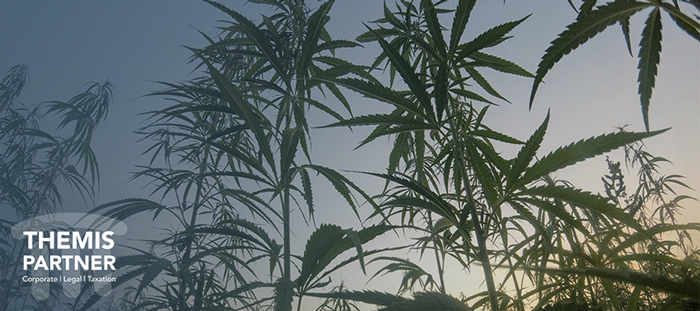
Legalization of Cannabis for foods and drugs industry
The Thai Government in 2018, legalizes cannabis for medical, scientific, research and development use. This new industry allows Thailand to capitalize a multi-billion dollar global industry. The Narcotics Act B.E 1979 was amended by the Narcotics Act BE 2562 (2019). According to this amendment, certain parts of the cannabis plant are no longer considered narcotic, such as bark, trunk, fiber, branch, root, leaf without bud or flower, extract containing cannabidiol (CBD) and tetrahydrocannabinol (THC) not exceeding 0.2% or residues that after extraction do not exceed 0.2%. However, these parts of the plant must come from cannabis grown in Thailand.
In addition, the major change in this law is the transfer of licensing authority from the Ministry of Public Health to the FDA (Foods and Drugs). This authority will not treat one product differently from another and will make it easier to issue licenses, without case-by-case issuing.
However, given the disproportionate competition from foreign companies on Thailand’s local economy, the government has sought to prohibit the issuance of licenses to foreign companies or foreign-owned companies operating in Thailand. However, there are plans to allow the licensing of foreign companies by 2024, when the Narcotics Act is revised. However, this is an unpredictable forecast.
In order to obtain a license to produce, sell and import cannabis, 51% of the shares must be owned by Thai nationals. And thanks to a system of preferential shares, you will be able to maintain the management of your company at 100%. In addition, two-thirds of the management and two-thirds of the capital must be held by Thai nationals. With this configuration, the legislators thought that some of the technology and competencies of foreign companies could benefit Thai nationals, for the development of pharmaceutical products for local distribution or export.
ℹ️ So, if you want to grow cannabis in Thailand, you will have to get a license to do so. The production of cannabis is however strictly regulated for certain uses and limited to certain applicants. We suggest you to contact our lawyer, expert in Business and Foreign Business License (FBL)
Sell Cannabis in Thailand,Obtain Food and Drugs License
310 client reviews (4.8/5) ⭐⭐⭐⭐⭐
Cannabis business regulation for foreigners
How to sell cannabis in Thailand?
Firstly, before entering the country you will need to obtain a visa and a work permit. It will then be recommended to register a company in Thailand. Then, you will have to apply for a license from the FDA (Food and Drug Administration). For medical or research purposes, you will need to approach an applicant for a license.
Step 1: Create a company in Thailand
Then, to obtain a license you will have to create a Thai company, of which two thirds of the capital of the company will be held by Thai people and two thirds of the management will be Thai people.
In addition, 51% of the shares must be held by Thai nationals, however, thanks to a preferential share system, you will be able to maintain the management of your company.
Step 2: Apply for a work permit and business visa
When a foreigner wishes to work in Thailand, it is necessary to ask for a work permit and a visa. In this case, it will be recommended to hold the non-immigrant visa B.
Step 3: Apply for an FDA license
Article 26/2 of the NAR still restricts the production, import and export of narcotics, except for holding a license.
Thus under the Ministerial Regulation “Application and Licensing for the Production, Import, Export, Sale or Possession of Hemp, published in the Government Gazette on December 30, 2020″, a license may be issued for the following purposes:
| ➤ The pursuit of objectives of a state agency |
| ➤ Lifestyle, cultivation and domestic use: A cultivation area limited to a maximum of one rai (1600 square meters) per family |
| ➤ Commercial or industrial purposes |
| ➤ Medical purposes |
| ➤ Study, research and development, improvement of a strain of hemp, or production of certified hemp seed |

